I have not so much emulated the birds that musically sing,
I have abandoned myself to flights, broad circles.
The hawk, the seagull, have far more possess’d me than the canary or mockingbird.
I have not felt to warble and trill however sweetly,
I have felt to soar in freedom and in the fullness of power, joy, volition.
Walt Whitman, Old Age Echoes from Leaves of Grass
At end of each year the winter solstice and family birthdays remind me we’re at the end of something and the beginning of something else – a convergence of old and new – things to celebrate and things to ponder. Time to review the passing year and reset for the what’s coming.
It may be age or the passing of friends but this year’s review feels different. Mine is a lamentation on America and Americans. Who are we and where are we going? Last year a friend sent me a book titled America, We Call Your Name which included the following in the introduction:
America, listen to what your poets are saying. Are we the corrosive, racist, authoritarian regime that the 2016 election brought to power, or are we a democracy, that fragile, imperfect form of government that must be constantly guarded in the struggle for equality and freedom?
It made me think of poets, past and present, who have shared their wisdom about the American experience. Poets are slow, deliberate and focused. They choose their words carefully for meaning affect and power. They are artists but also problem solvers. I thought of Whitman, and the 100-year-old leather bound edition of Leaves of Grass given to me by my “Danish grandmother” whose father bequeathed it to her.
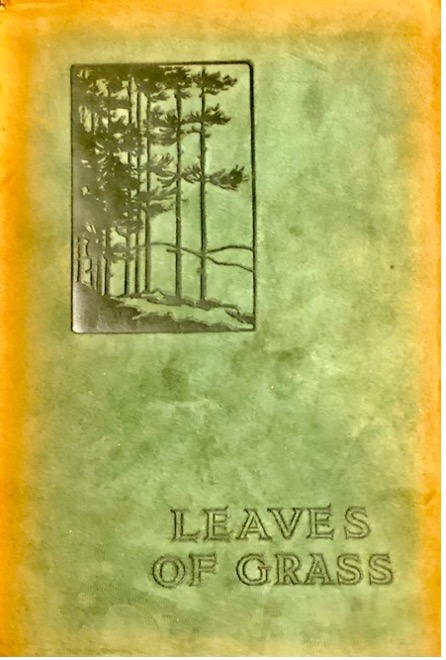
And I thought of Emily Dickinson, William Carlos Williams, Wallace Stevens, Robert Frost, and my teacher, Theodore Roethke—a recluse, a doctor, an insurance executive, an unsuccessful farmer and a bipolar English professor—all exceptional poets—and their successors Stanley Kunitz, Billy Collins, Jane Hirshfield, Amanda Gorman and the musical poets, Dylan, Springsteen and Paul Simon.
A poet friend recently suggested I listen to Malcolm Gladwell’s audiobook Miracle and Wonder: Conversations with Paul Simon where they explore Simon’s songwriting process. I was particularly taken by the origin of his song, America. Such an innocent wistful evocation of what I often feel these days and the reason I settled on this subject for my year-end essay.
Kathy, I’m lost, I said, though I knew she was sleeping.
I’m empty and aching and I don’t know why
Counting the cares on the New Jersey Turnpike
They’ve all come to look for America
All come to look for America
All come to look for America.
Vietnam, 9/11, Donald Trump and January 6 have stripped away the innocence of Whitman and Frost and left us with soul-searching questions about who we are as a nation and a people. I ask myself almost daily how the electorate that chose an inspiring African American to be its president in 2008 could follow by electing a sociopath ignorant of America’s history and institutions eight years later. I will probably never understand what prevents Congress from enacting legislation to address gun violence or the reform of immigration laws to address the crisis at our southern border. I ask myself why and how the Supreme Court could ignore strictures of the 14th Amendment and became an agent for political implementation rather than arbiter of Constitutional legality. How could a rampant virus become a polarizing political cudgel?
I hear strident voices but don’t see any bipartisan solutions to these concerns. Aren’t we the same people the Founders were talking about when they stated, “We the People of the United States,” in Order to form a more perfect Union, establish Justice, insure domestic Tranquility, provide for the common defense, promote the general Welfare, and secure the Blessings of Liberty to ourselves and our Posterity, do ordain and establish this Constitution for the United States.” The same imperfect founders who “held that all men are created equal, endowed by their Creator with certain unalienable Rights that among these are Life, Liberty, and the Pursuit of Happiness?”
It may be that we should pay less attention to pundits and more to our poets for inspiration and motivation.
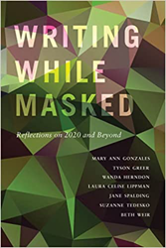
Last year seven local writers, all women and all retired from professional careers, published a book called Writing While Masked: Observations on 2020. It included calendars, diary entries, poems, essays, stories and other reflections culled from a year of isolation and Zoom gatherings during the pandemic. They are concerned citizens seeking understanding and solutions. The book was self-published but found a wide circulation and this year Washington State University Press picked it up and republished it as Writing While Masked: Observations on 2020 and Beyond adding the adverbial clause.
Like Paul Simon, the last few years have left many of us looking for America—the America we grew up in or thought we knew as we were growing up, the America I fought for, the America that declared its independence and set the standard for democracy with its new Constitution in 1789.
That’s the modern America Amanda Gorman celebrated with her 2021 inauguration poem. No pollyanna optimism, just a new generation poet with wisdom to share:
The Hill We Climb
When day comes, we ask ourselves, where can we find light in this never-ending shade?
The loss we carry. A sea we must wade.
We braved the belly of the beast.
We’ve learned that quiet isn’t always peace, and the norms and notions of what “just” is isn’t always justice.
And yet the dawn is ours before we knew it.
Somehow we do it.
Somehow we weathered and witnessed a nation that isn’t broken, but simply unfinished.
We, the successors of a country and a time where a skinny Black girl descended from slaves and raised by a single mother can dream of becoming president, only to find herself reciting for one.
And, yes, we are far from polished, far from pristine, but that doesn’t mean we are striving to form a union that is perfect.
We are striving to forge our union with purpose.
To compose a country committed to all cultures, colors, characters and conditions of man.
And so we lift our gaze, not to what stands between us, but what stands before us.
We close the divide because we know to put our future first, we must first put our differences aside.
We lay down our arms so we can reach out our arms to one another.
We seek harm to none and harmony for all.
Let the globe, if nothing else, say this is true.
That even as we grieved, we grew.
That even as we hurt, we hoped.
That even as we tired, we tried.
That we’ll forever be tied together, victorious.
Not because we will never again know defeat, but because we will never again sow division.
Scripture tells us to envision that everyone shall sit under their own vine and fig tree, and no one shall make them afraid.
If we’re to live up to our own time, then victory won’t lie in the blade, but in all the bridges we’ve made.
That is the promise to glade, the hill we climb, if only we dare.
It’s because being American is more than a pride we inherit.
It’s the past we step into and how we repair it.
We’ve seen a force that would shatter our nation, rather than share it.
Would destroy our country if it meant delaying democracy.
And this effort very nearly succeeded.
But while democracy can be periodically delayed, it can never be permanently defeated.
In this truth, in this faith we trust, for while we have our eyes on the future, history has its eyes on us.
This is the era of just redemption.
We feared at its inception.
We did not feel prepared to be the heirs of such a terrifying hour.
But within it we found the power to author a new chapter, to offer hope and laughter to ourselves.
So, while once we asked, how could we possibly prevail over catastrophe, now we assert, how could catastrophe possibly prevail over us?
We will not march back to what was, but move to what shall be: a country that is bruised but whole, benevolent but bold, fierce and free.
We will not be turned around or interrupted by intimidation because we know our inaction and inertia will be the inheritance of the next generation, become the future.
Our blunders become their burdens.
But one thing is certain.
If we merge mercy with might, and might with right, then love becomes our legacy and change our children’s birthright.
So let us leave behind a country better than the one we were left.
Every breath from my bronze-pounded chest, we will raise this wounded world into a wondrous one.
We will rise from the golden hills of the West.
We will rise from the windswept Northeast where our forefathers first realized revolution.
We will rise from the lake-rimmed cities of the Midwestern states.
We will rise from the sun-baked South.
We will rebuild, reconcile, and recover.
And every known nook of our nation and every corner called our country, our people diverse and beautiful, will emerge battered and beautiful.
When day comes, we step out of the shade of flame and unafraid.
The new dawn balloons as we free it.
For there is always light, if only we’re brave enough to see it.
If only we’re brave enough to be it.




























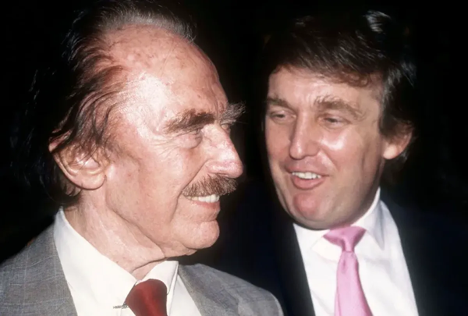
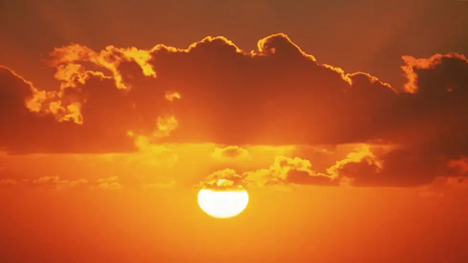
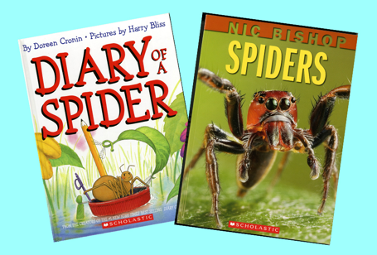
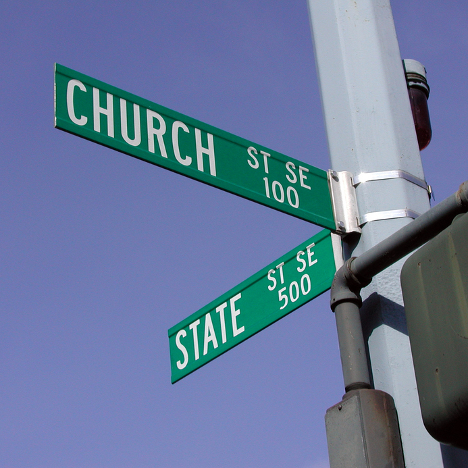
Jack,
Thank you and A Happy New Year!
Jon
Jack – this may be a repeat- I thought I sent something but it looks like it may have disappeared- but it is worth repeating – this blog is a good one! Thanks for putting it together. Can you send me your address – we do get to Seattle from time to time and it would be good to see you. And best wishes for the coming new year ! Love, Jim
Done. I just sent you the contact info.
A very timely post, Jack. Just last week I reached out to a guy I last saw nearly 70 years ago, now a well published poet. We need our poets and philosophers to make sense of what we’ve become. Thanks.
Such idealism! I like it.
Happy New Year to you and Marilyn. Stay in touch, Gary
Thanks for the feature, Jack, as always I appreciate you and your thoughtful words.